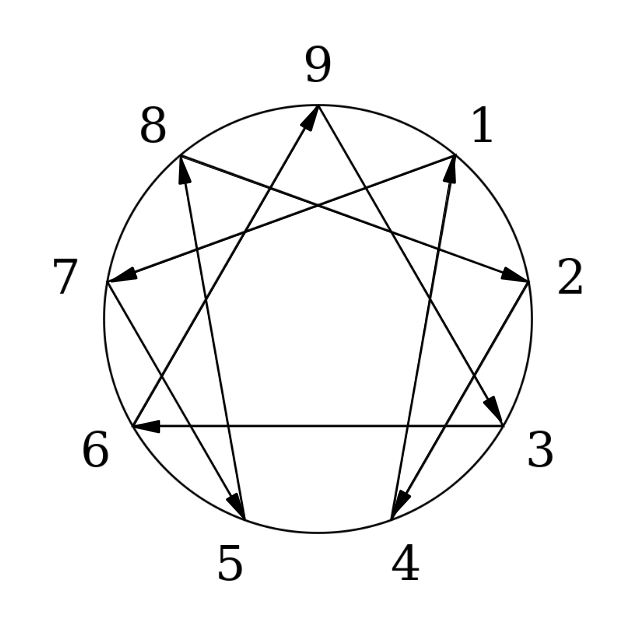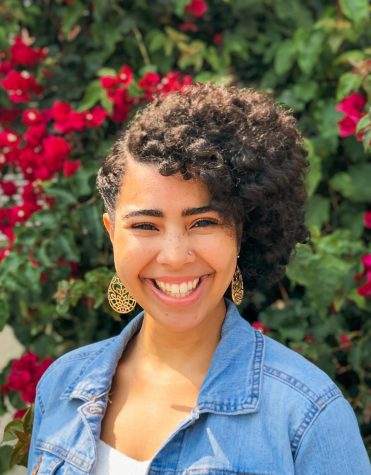Although it faces considerable amounts of backlash, the Enneagram has managed to become a popular personality test within Christian circles. It has been used as a tool of self-awareness and reflection since the mid-1900s. Unlike most personality tests, the Enneagram focuses less on a person’s external behaviors and more on their internal motivations.
The enneagram is built off of nine different “types” arranged in a circular pattern and each distinguished by unique core fears and motivations. Each number’s placement in the circle opens up 27 personality subtypes by providing a pattern for each type to have a “wing” and even movement between types as people grow and change.
EMPATHY GROWS FROM SELF-AWARENESS
According to PositivePsychology, personality tests encourage self-awareness, which is important when discovering your strengths and weaknesses, making the enneagram a tool of discipleship.
Often people’s strengths and weaknesses go hand-in-hand. Anything taken to the extreme can be a hindrance to the well-being of yourself and others. If you learn to channel your strengths with healthy moderation, you can live into the person that God created you to be.
For instance, an enneagram three is described as “the achiever.” Success-oriented and adaptable, people who identify with this type can make fantastic leaders and visionaries. But, when they lose sight of who they are, they can become manipulative workaholics.
It takes self-awareness to realize when you are slipping into unhealthy habits, and this tool sheds light on those unhealthy behaviors and how they might be triggered.
Rooted in discovering people’s core motivations and values, the enneagram can expose different driving forces behind one particular behavior. While someone who identifies as an enneagram type one might be offended when someone critiques their work because they are already self-critical, someone who identifies as a type eight might be offended if they feel that they are getting anything less than complete honesty.
Of course, the enneagram is nuanced and should not be used to label or put others in boxes. At its best, it can open our eyes to the way that other people think and help us relate to others in a healthier way.
OUR RELATIONSHIP WITH GOD
Licensed mediator and minister Nhien Dougherty has a theory that the enneagram’s nine types reflect nine different aspects of God’s character. As image-bearers of Christ, we are called to reflect God’s glory and goodness. The enneagram can encourage us to embrace how God created us, to grow in our strengths and celebrate the personality we have been given.
Beth McCord, a Christian enneagram coach, has built her teaching platform by analyzing how each type needs different key parts of the gospel’s message in order to be further shaped into the image of Christ. Each type has a core weakness that should be “put to death,” and something that should be “brought to life” in the Spirit.
For instance, McCord recommends that a type four put to death their “Core Weakness of envy,” as they tend to compare themselves to others. Instead, she encourages fours to remember that in Christ they are “perfectly whole and understood,” which is the four’s “Core Longing.”
A TOOL, NOT AN EXCUSE
The enneagram should not be used to make excuses for ungodly behavior. “Well, I’m an enneagram nine!” is not a reason to avoid a conflict that could be damaging to a community. Instead, try asking God to give you the courage to lean into the conflict in a healthy way, in order to bring peace.
God can use the self-awareness the enneagram gives to help consciously bring sin to the surface and lay it at the feet of Jesus. On the other hand, using it to try to figure other people out or unnecessarily sharing about your type is not constructive, and can lead to an unhealthy obsession.
Our conversations around this tool should be reframed from a simple personality test, to a means of reaching our ultimate calling—becoming more like Christ. Because you are more than your number.













